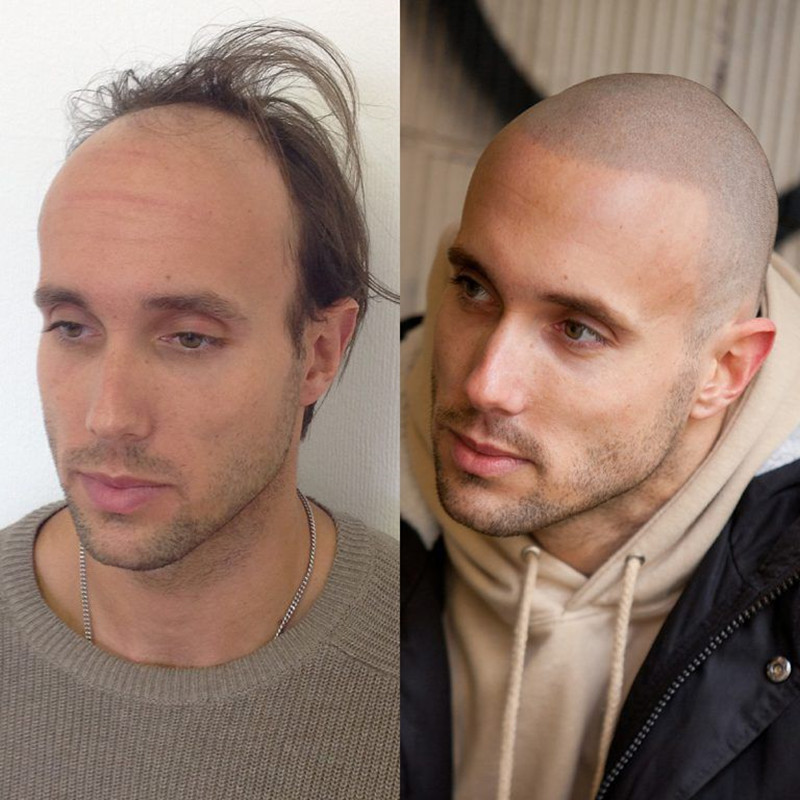What Causes Male Hair Loss?
Hair loss is a common problem among men, affecting up to 70 percent of men by the age of 70. While hair loss is a natural part of aging, it can also be caused by a variety of factors, from diet and lifestyle to genetics and hormones. Understanding the causes of male hair loss can help men take steps to prevent or treat this condition. This article will explore the most common causes of male hair loss, including genetic factors, hormones, and lifestyle factors.

Genetic Factors
One of the most common causes of male hair loss is genetics. Male pattern baldness, also known as androgenic alopecia, is a common inherited condition that affects up to 80 percent of men. It is caused by an inherited sensitivity to the hormone dihydrotestosterone (DHT). DHT is a byproduct of testosterone, which is the male sex hormone. The sensitivity to DHT causes hair follicles to shrink, resulting in thinning hair and eventually baldness. In some cases, male pattern baldness can start as early as puberty.
Hormonal Factors
Hormones can also play a role in male hair loss. Testosterone, the male sex hormone, and dihydrotestosterone (DHT) are both important for healthy hair growth. When testosterone levels become imbalanced, it can lead to an increase in DHT levels, which can cause hair follicles to shrink and eventually fall out. This type of hair loss is called androgenic alopecia.
Other hormones that can affect hair growth are thyroid hormones and growth hormones. Thyroid hormones regulate metabolism, which can have an effect on hair growth. Growth hormones are responsible for normal development and growth, and an imbalance in growth hormones can cause hair to fall out or become thin.
Lifestyle Factors
In addition to genetics and hormones, lifestyle factors can also contribute to male hair loss. Stress is a common cause of hair loss, as it can disrupt the normal hair cycle. Stress can cause the hair follicles to go into a resting phase, resulting in shedding and hair thinning.
Diet can also affect hair growth. An inadequate intake of essential nutrients, such as protein, iron, and vitamins, can lead to hair loss. Too much vitamin A can also cause hair loss, as it can disrupt the normal hair cycle.
Finally, certain medications can cause hair loss as a side effect. These medications include blood pressure medications, antidepressants, and chemotherapy drugs.
Hair loss is a common problem among men, and it can be caused by a variety of factors, from genetics and hormones to lifestyle and diet. Understanding the causes of male hair loss can help men take steps to prevent or treat this condition. If you are experiencing male hair loss, it is important to talk to your doctor to determine the underlying cause and come up with a treatment plan.






